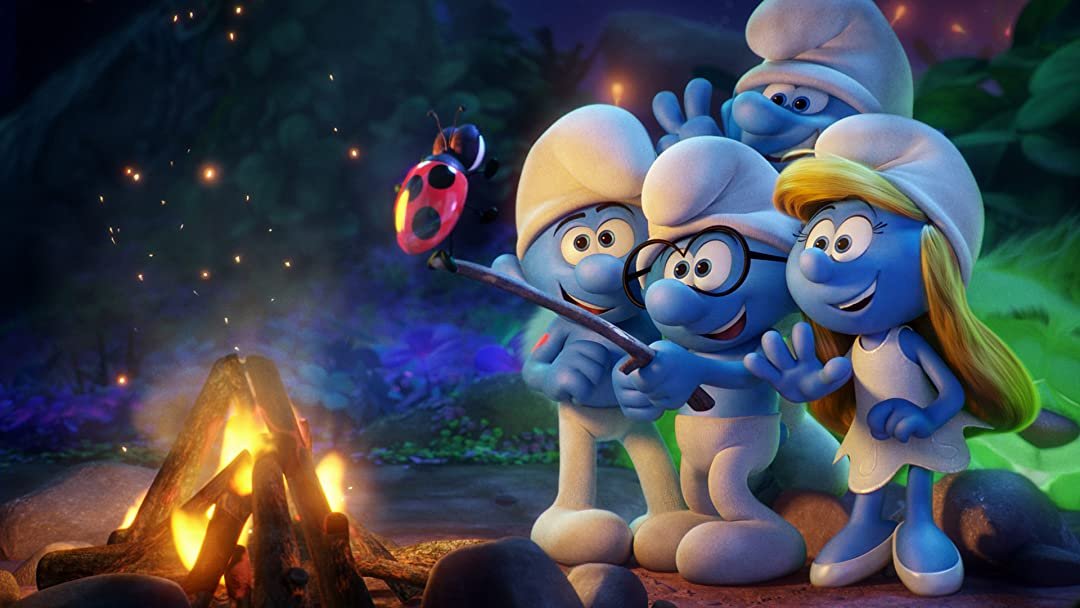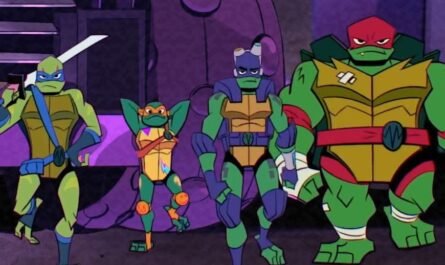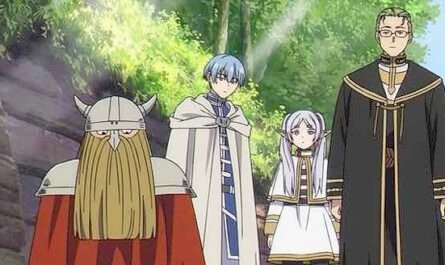Lebanese-born actor, radio producer, and voice actor Samir Chamas is the number one Arabic dubber in classic anime shows such as Manga Sarutobi Sasuke’s Hattori Hanzo and Treasure Island’s Pew and Puppy. He is known as one of the influential voice actors.
He was also known as the voice of the Papa Smurfs in the “Smurfs” series.
In an exclusive interview with Arab News Japan, Chamas revealed how he became a voice actor in the mid-1970s. “When I was little, I loved to imitate the sounds of animals on our farm in my home village. Eventually, this passion grew to” Manga Sarutobi Sasuke, “Treasure Island, “The Adventures of Pepero, the Andean Boy. ” I participated in many anime and manga dubbing in Arabic, such as “Adventures of Mitsubachi Maya” and “Smurfs.”
Chamas was one of the first voice actors in the Arabic dubbed version of Japanese anime. He says: “I started voice acting in an old Japanese anime series in the mid-’70s. I’m pleased and excited to have a passion for voice acting and a love for touching children’s hearts through these shows. I did. “
“The first project in charge of Arabic dubbing was” Adventures of Mitsubachi Maya “in the mid-1970s, followed by” Treasure Island, “Manga Sarutobi Sasuke, “Adventures of Andean Boy Pepero, “and” Manga First Story. “, “Meem Various Dream Journeys” continued. “
“As my talent grew, I was able to change the layer of voice for different performances, and I improved in time and practice,” he added.
One of the challenges faced with the project, Chamas said, was that the technology wasn’t advanced at the time. He explained that he had to simultaneously record his voice on reel video and audiotape.
“All the other voice actors and I were sitting in one room, using a big cinema-like screen and multiple microphones to record each scene’s role and timing. If someone made a mistake. Then I have to start over from the beginning, “Chamas told Arab News Japan.
“One of the most extensive facts of the time was that we were voice actors for the Japanese anime series during the Lebanese Civil War. In those horrifying times, we had to go to recording studios from different places. We went in fear of violence, destruction, attack, and killing, but our commitment and commitment to voice the voices of these shows will be remembered by many generations in the future. It made me feel the importance of finishing the work like this. “
Chamas said the new technology has made recording much more accessible, saving time and effort.
He also says he is proud of the reaction and feedback from fans in the Middle East. “I realized that it affected many people of all ages.”











